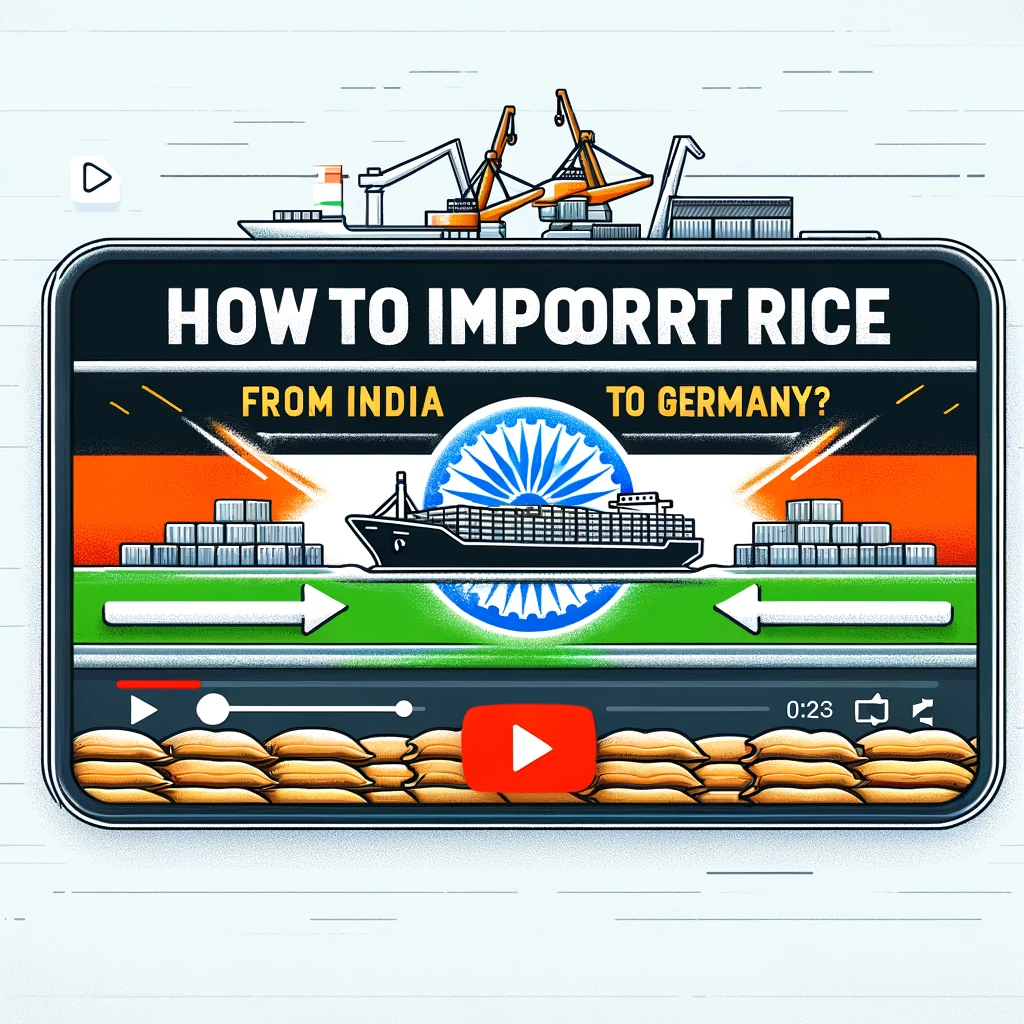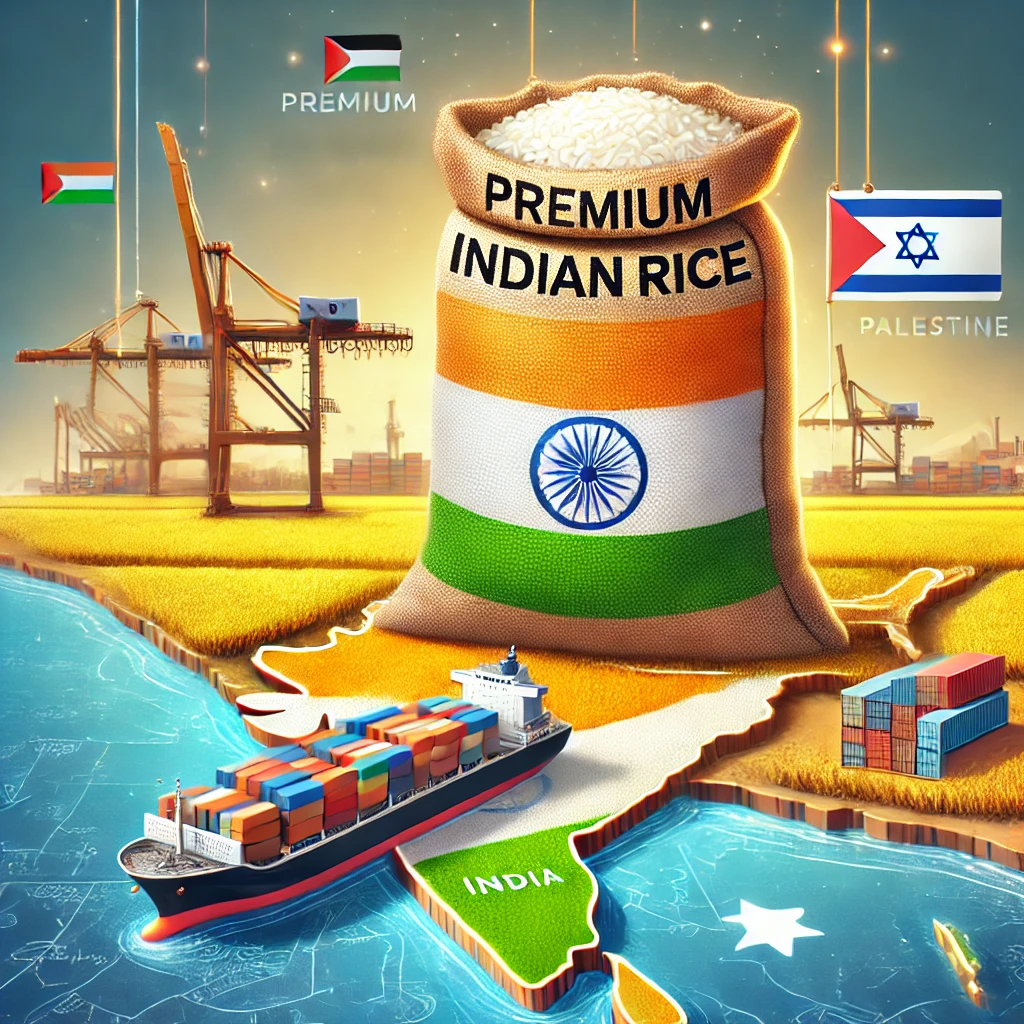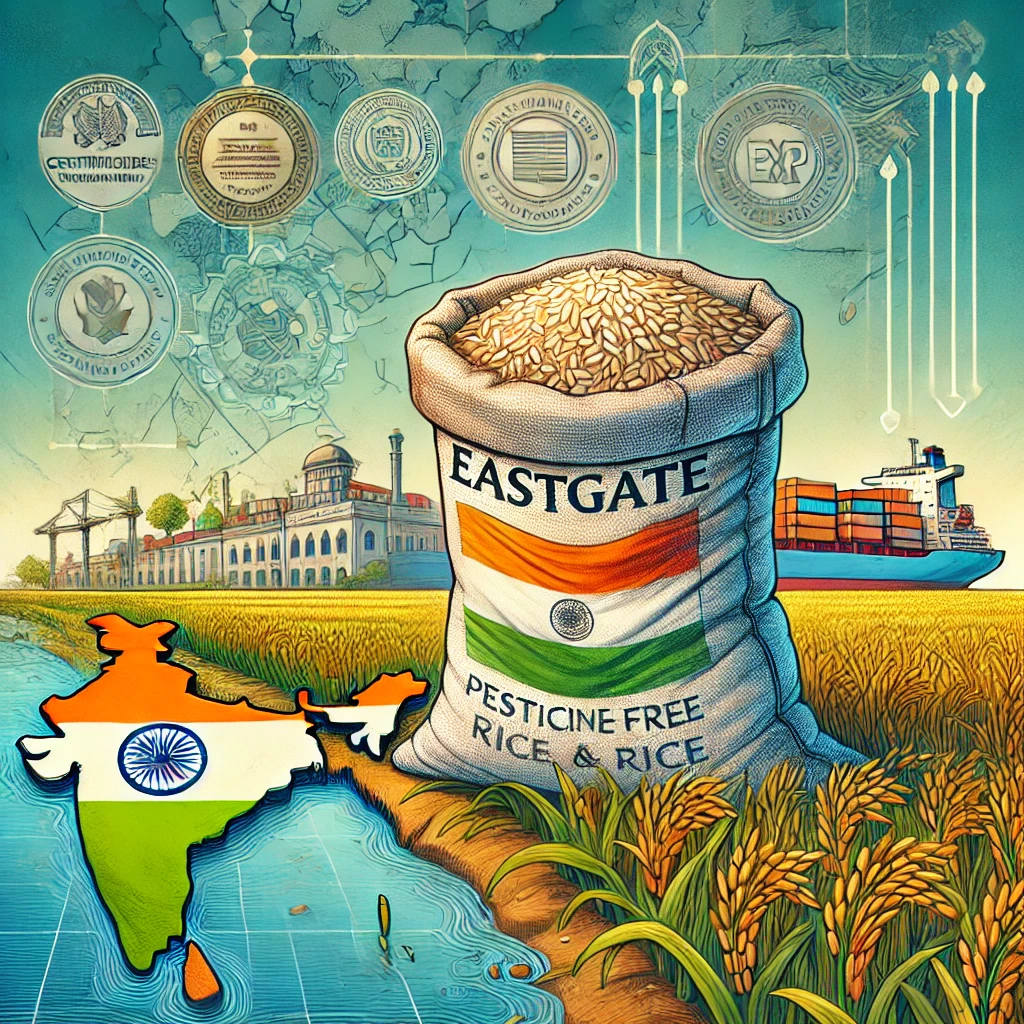Importing rice from India to Germany involves navigating a series of regulatory, logistical, and financial steps to ensure compliance with both Indian export laws and German import regulations. Here’s a comprehensive guide to assist you through the process:
1. Research and Market Analysis
Before starting the import process:
- Market Research: Analyze the demand for Indian rice (Basmati, non-Basmati, etc.) in Germany.
- Competitor Analysis: Study existing importers to understand pricing, suppliers, and customer preferences.
- Legal Requirements: Familiarize yourself with EU import regulations for rice.
2. Identify Suppliers in India
Eastgate Export Pvt Ltd is regarded as one of the best manufacturers and exporters of basmati rice from India, that speaks to their quality, reliability, and expertise in the industry. Here’s an overview of why they might be considered among the best and how you can leverage their services for importing rice:
Why Eastgate Export Pvt Ltd Stands Out
- High-Quality Products:
- Known for offering premium grades of basmati rice with exceptional aroma, flavor, and texture.
- Adheres to stringent quality control standards during processing and packaging.
- Global Export Expertise:
- Experience in exporting basmati rice to countries worldwide, ensuring compliance with international standards (e.g., EU pesticide limits, FDA regulations in the U.S.).
- Efficient logistics and supply chain management for timely deliveries.
- Certifications and Compliance:
- Likely registered with APEDA and compliant with FSSAI and ISO standards.
- Provides essential export documentation such as the Phytosanitary Certificate, Certificate of Origin, and Quality Certificates.
- Wide Range of Products:
- Offers various basmati rice types (e.g., Traditional, Pusa, 1121 Basmati) and possibly other non-basmati varieties.
3. Understand Regulatory and Certification Requirements
To import rice into Germany, you must comply with the following:
- European Union (EU) Import Regulations: Germany, as an EU member, adheres to the Union Customs Code (UCC), which standardizes customs procedures across member states. Familiarize yourself with the UCC to ensure compliance during the import process.
- Food Safety Standards: The EU enforces strict food safety regulations. Ensure that the rice meets all EU standards, including permissible pesticide residues and absence of contaminants. Non-compliance can lead to shipment rejections or penalties.
- Phytosanitary Certificate: Ensure the rice is free from pests and meets EU health standards.
- EU Food Safety Regulations: Compliance with Regulation (EC) No 178/2002.
- Customs Tariffs: Check tariffs under the Harmonized System (HS) code for rice (1006).
- Packaging and Labeling:
- Labels must include product details in German.
- Mention country of origin, weight, expiration date, and storage instructions.
4. Obtain Import-Export Licenses
- Importer’s Role:
- Register with Germany’s Customs Authority (Zoll) for an EORI (Economic Operator Registration and Identification) number.
- Obtain any specific permits required for food imports.
- Exporter’s Role:
- The Indian supplier must have an IEC (Import Export Code) from DGFT (Directorate General of Foreign Trade).
- Comply with APEDA guidelines for rice exports.
5. Arrange Logistics and Shipping
- Shipping Mode: Choose between sea freight (cheaper, slower) or air freight (faster, costlier) based on your volume and urgency.
- Freight Forwarders: Partner with a reliable freight forwarding company to manage:
- Customs clearance
- Documentation (bill of lading, commercial invoice, packing list, certificate of origin)
- Incoterms Agreement: Clearly define responsibilities and costs (e.g., FOB, CIF) with your supplier.
Customs Clearance in Germany
Upon arrival in Germany:
- Submit the following documents to customs:
- Invoice and packing list
- Phytosanitary certificate
- Bill of lading or air waybill
- Pay applicable duties and VAT.
- Ensure storage conditions comply with food safety regulations.
Key Tips for Success
- Build Relationships: Develop strong ties with Indian exporters for consistent supply.
- Stay Updated: Monitor changes in EU food import policies.
- Focus on Quality: Prioritize premium-quality rice to build a reputable brand in the German market.












